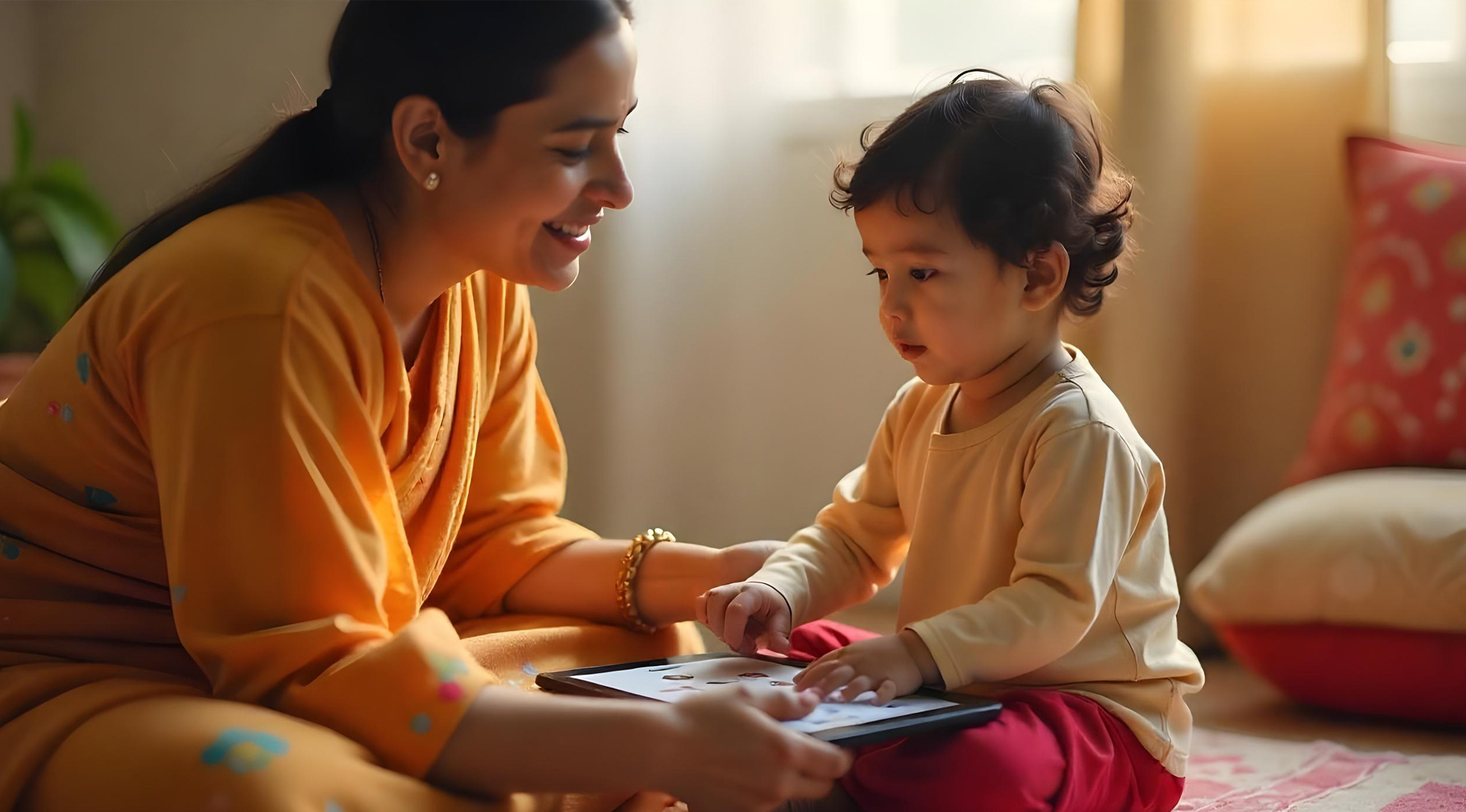Nurturing Communication Skills in Non-Verbal Individuals with Autism

Communication is the foundation of human connection. For non-verbal a individuals with Autism, the challenge is not about intelligence or willingness but about finding the right mode of expression. While some may develop speech later, others may rely on alternative communication methods. The key is to create an environment that nurtures their ability to express themselves in ways that are comfortable and effective.
Understanding Non-Verbal Autism
Not all individuals with Autism struggle with communication, but for those who are non-verbal, spoken language may not be their primary means of interaction. This could be due to motor planning difficulties, sensory sensitivities, or difficulty processing verbal language. However, being non-verbal does not mean they cannot communicate; they may use gestures, facial expressions, or other methods to express their thoughts.
Early identification and intervention are crucial. The earlier we introduce communication strategies, the better the outcomes in terms of self-expression, emotional regulation, and social interaction.
Effective Approaches to Communication
1. Augmentative and Alternative Communication (AAC)
AAC methods provide non-verbal individuals with tools to express themselves without spoken words. Some of the most effective AAC methods include:
- Picture Exchange Communication System (PECS): A structured method where individuals use pictures to request items or express thoughts. Over time, they learn to form sentences using visual symbols.
- Speech Generating Devices (SGDs): Tablets or specialized devices that use text-to-speech software allow individuals to type or select images that convert into spoken words.
- Sign Language: Some non-verbal autistic individuals respond well to sign language, which provides a structured way to communicate their needs.
2. Speech and Language Therapy
Even if a child is non-verbal, speech therapy can be highly beneficial. Speech therapists use:
- Oral motor exercises to improve muscle coordination required for speech.
- Sound imitation techniques to encourage vocalization.
- Interactive play-based therapy to make communication fun and engaging.
Therapy sessions focus not only on speech but also on comprehension and alternative forms of communication.
3. Occupational Therapy for Communication
Occupational therapy plays a vital role in improving a child’s ability to interact with their environment. Many non-verbal autistic individuals have sensory processing issues that make communication difficult. Occupational therapy helps by:
- Regulating sensory sensitivities (sound, touch, movement).
- Enhancing fine motor skills for using AAC devices.
- Teaching self-regulation strategies to reduce frustration related to communication barriers.
4. Encouraging Social Communication at Home
Parents play a crucial role in developing communication skills. Some key strategies include:
- Providing choices: Offering visual options for meals, activities, or toys encourages the child to express preferences.
- Expanding on gestures: If a child points to an object, parents can reinforce it by using words or showing the corresponding picture on an AAC device.
- Creating communication-rich environments: Surrounding the child with visual cues, labels, and opportunities to engage in interactive activities supports language development.
5. Expressive Art and Play Therapy
Many autistic children express themselves more freely through creative activities such as:
- Music therapy: Helps in improving auditory processing and emotional expression.
- Art therapy: Provides a non-verbal outlet for emotions, making it easier to convey feelings.
- Drama and role-playing: Encourage social interaction in a structured setting.
Why Early Intervention Matters
Autism is not a one-size-fits-all condition, and every child has a unique learning pace. However, research shows that early intervention—starting therapy as soon as communication challenges are identified—can significantly improve the ability to develop meaningful communication skills.
Final Thoughts
The journey of nurturing communication skills in non-verbal individuals with Autism requires patience, consistency, and the right support system. Whether through AAC devices, speech therapy, occupational therapy, or creative expression, every child deserves a way to communicate their thoughts and emotions. As parents, caregivers, and professionals, our role is to provide the right tools and a supportive environment to help them thrive.
Regards
Dr. Atul Madaan (Autism Specialist)
MAAP, MBA, MPhil (Clin. Psy), PhD (Psy)
Operational Head & Clinical Psychologist- Care For Autism (CFA)
8383849217
𝐂𝐀𝐑𝐄 𝐅𝐎𝐑 𝐀𝐔𝐓𝐈𝐒𝐌 (CFA)
One-of-a-Kind Assessment & Remedial Training Centre for Special-needs Children.
📌 Ludhiana : 114, Green Field, Kochar Market Road, Near National Lab, 9646443200
📌 Jalandhar : Hoshiarpur Road, Mubarkpur Shekhein Under Bridge, Near Railway Crossing, 9779725400
Looking for expert Autism treatment in Ludhiana? At Autism Alliance, Dr. Atul Madaan and his team provide specialized therapies to support children with autism and developmental challenges. Our services include speech therapy, occupational therapy, child behavioral therapy, and ABA therapy for autism in a nurturing environment.
We offer psychological assessments, expressive art therapy, and special education services to help children thrive. Our parent training programs empower families with essential skills. If you’re searching for the best psychologist in Ludhiana, child speech therapy, or a child development center, we are here to help!
Visit our therapy sessions in Ludhiana for autism therapy, nutritional counseling, family counseling, and educational assessments. Give your child the best support with expert care
#autismdoctorludhiana #autismdoctor #autismdoctorinludhiana #autismspecialist #bestautismdoctor #bestautismdoctorinludhiana #autismbestdoctor #bestautismconsultant #autismconsultant #autismludhiana #autismspecialistinludhiana #dratulmadaan #autismtreatmentludhiana #autismtreatment #autismawareness #sensoryfriendly #adhd #coordination #dyspraxia #sensoryintegration #occupationaltherapy #finemotorskills #grossmotorskills #sensorydiet #sensoryprocessing #autism #autistic #autismacceptance
Contact
Ludhiana
114, Green Field, Kochar Market Road, Near National Lab, Ludhiana (Punjab), India +91 96464 43200
Jalandhar
Hoshiarpur Road, Sheikhen Pind (Under Bridge), Near Railway Crossing, Jalandhar (Punjab), India +91 97797 25400
